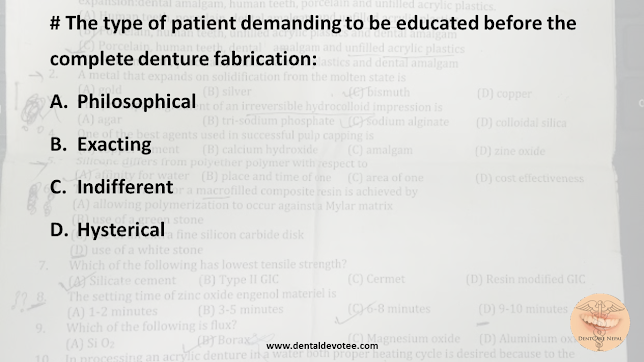A Soviet General Practitioner, Leonid Ivanovich Rogozov, had developed appendicitis while at Novolazarevskaya Station in April 1961, and being the only medical professional there at the time, had to perform his own appendectomy.
 |
| Leonid Ivanovich Rogozov performing self Appendectomy |
On the morning of 29 April 1961, Rogozov experienced general weakness, nausea, and moderate fever, and later pain in the lower right portion of his abdomen. None of the possible conservative treatments helped. By 30 April signs of localised peritonitis became apparent, and his condition worsened considerably by the evening. Mirny, the nearest Soviet research station, was more than 1,000 miles from Novolazarevskaya. Antarctic research stations of other countries did not have an aircraft available. Severe blizzard conditions prevented aircraft landing in any case. Rogozov had no option but to perform an operation on himself.
The operation started at 02:00 local time on 1 May with the help of a driver and meteorologist, who provided instruments and held a mirror so Rogozov could observe areas not directly visible. Rogozov lay in a semi-reclining position, half-turned to his left side. A solution of 0.5% novocaine was used for local anesthesia of the abdominal wall. Rogozov made a 10–12 cm incision of the abdominal wall, but while opening the peritoneum he accidentally cut the cecum and had to suture it. Then he exposed the appendix. According to his report, the appendix was found to have a dark stain at its base, and Rogozov estimated it would have burst within a day. The appendix was resected and antibiotics were applied directly into the peritoneal cavity. General weakness and nausea developed about 30–40 minutes after the start of the operation so that short pauses for rest were repeatedly needed after that. By about 04:00 the operation was complete.
After the operation gradual improvement occurred in the signs of peritonitis and in the general condition of Rogozov. Body temperature returned to normal after five days, and the stitches were removed seven days after the operation. He resumed his regular duties in about two weeks.
The self-surgery, which was photographed by his colleagues, captured the imagination of the Soviet public at the time. In 1961 he was awarded the Order of the Red Banner of Labour. The incident resulted in a change of policy, and thereafter, extensive health checks were mandatory for personnel to be deployed on such expeditions.
Rogozov died in 2000, aged 66, in Saint Petersburg, Russia, from lung cancer.






